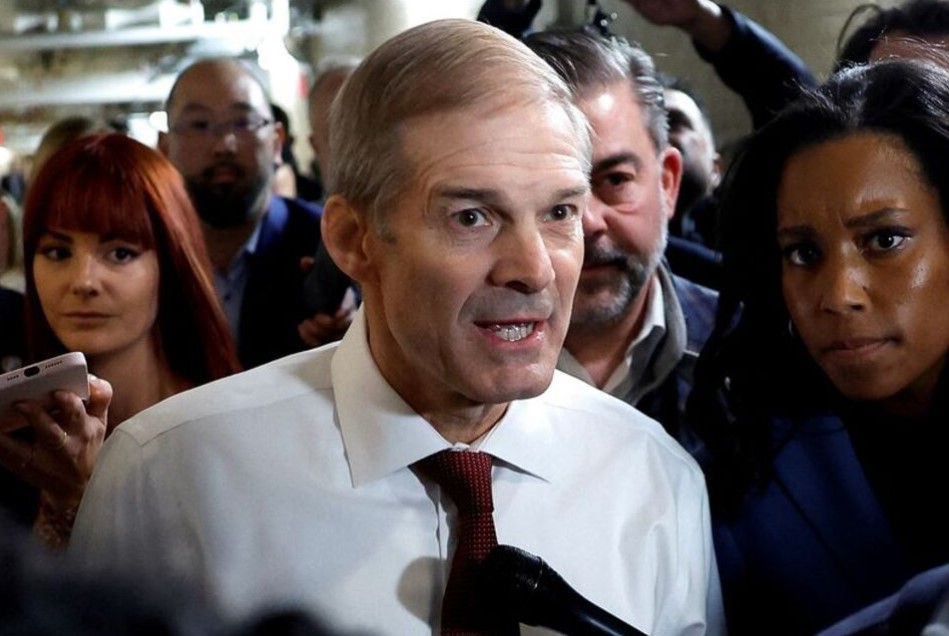Steve Scalise, the No. 2 House Republican and a close ally of former President Donald Trump announced on Wednesday that he was running for speaker of the House after Kevin McCarthy was ousted from the position last week in a historic vote. Scalise, who represents a district in Louisiana, said he had the support of a majority of the Republican caucus and was confident that he could unify the party and lead them to victory in the 2024 elections.

Scalise, who was severely wounded in a shooting during practice for a charity baseball game in 2017, may face questions from some members of the caucus about his health, as he has been in treatment for multiple myeloma, a form of blood cancer, since August. He said he was in remission and felt “great” physically and mentally.
Scalise also said he had a good working relationship with Trump, who remains popular among the Republican base and has endorsed Scalise’s bid. Scalise said he would work with Trump to advance the conservative agenda and hold President Joe Biden accountable for his policies.
Jordan challenges Scalise with Trump’s backing
Jim Jordan, the chair of the House Judiciary Committee and a founding member of the Freedom Caucus, a group of hardline conservatives, also declared his candidacy for speaker on Wednesday, saying he had the backing of Trump and several other influential Republicans. Jordan, who represents a district in Ohio, said he was running to “restore trust” in the Republican Party and to “fight for the American people”.
Jordan, who is known for his combative style and his staunch defense of Trump during his impeachment trials, said he would challenge Biden on issues such as immigration, inflation, energy, and foreign policy. He also said he would push for investigations into Biden’s son Hunter Biden and the origins of the COVID-19 pandemic.
Jordan said he respected Scalise but believed that he was the better choice for speaker because he had more experience in leading the opposition against the Democrats. He also said he had more grassroots support from conservative activists and organizations.
McHenry steps in as interim speaker
Patrick McHenry, the chair of the House Financial Services Committee and a McCarthy ally, was named to step in as speaker pro tempore following McCarthy’s ouster. McHenry, who represents a district in North Carolina, said he did not want the job permanently but agreed to serve until the caucus elected a new speaker.
McHenry, who spoke in support of McCarthy before the ouster vote, said he was saddened by the outcome but respected the decision of the caucus. He said he would try to maintain order and stability in the House until a new speaker was chosen.
McHenry also said he would not endorse any candidate for speaker but would work with whoever won the election. He said he hoped that the caucus would resolve its differences and unite behind a common vision for the future.
McCarthy sends mixed signals on his future
Kevin McCarthy, the former speaker who was removed from his post by a small group of Republican rebels last week, has sent mixed signals on whether he would seek a return to power, should Scalise and Jordan fail to capture support from 218 lawmakers. McCarthy, who represents a district in California, said on Monday that he would accept the will of the caucus if it asked him to run again, but on Tuesday said he had asked members not to nominate him.
McCarthy, who was widely seen as a moderate and pragmatic leader, faced criticism from some conservatives for not being loyal enough to Trump and not being aggressive enough against Biden. He also faced backlash from some moderates for not condemning Trump’s role in inciting the January 6 Capitol riot and for opposing an independent commission to investigate it.
McCarthy said he was proud of his achievements as speaker and thanked his supporters for their trust and friendship. He said he would continue to serve as a rank-and-file member and work for the best interests of the country.







